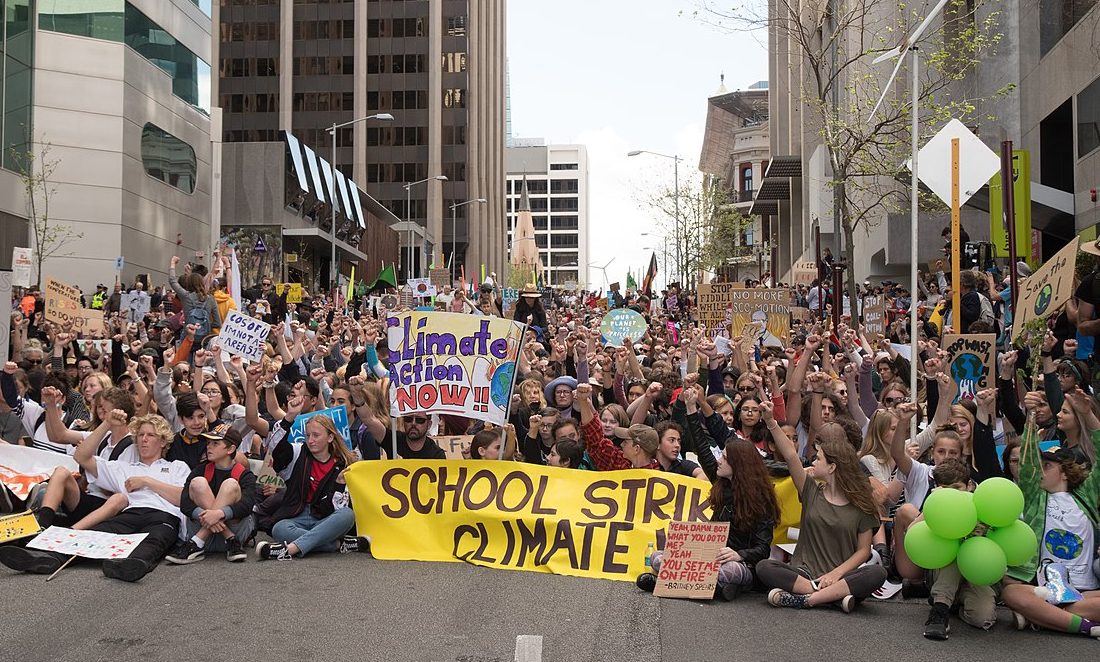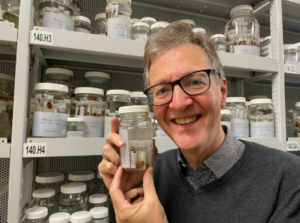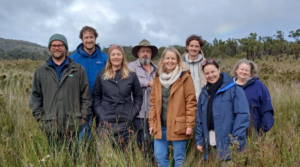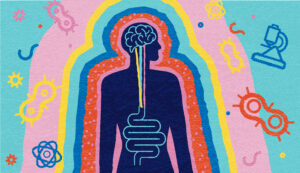More than 80% of Australians want action on climate change.
So what’s stopping us from doing more?
One of the major barriers is known as ‘intergenerational discounting’.
It’s essentially a lack of incentive for current generations to cooperate to reduce the impact of climate change on future generations.
But UWA psychologist Dr Mark Hurlstone and his colleagues have a strategy to help overcome it.
It involves invoking people’s sense of legacy.
Eventually, we all die
The researchers tested the strategy using an economic game that saw players given money they could choose to keep or invest in a climate protection account.
It was surprisingly successful.
Firstly, the researchers reminded players of their own mortality.
“It really gets people to think about how [they] want to be remembered when they pass away,” Mark says.
“Being reminded that you will eventually cease to exist on the Earth automatically gets people to think about their legacy.
“And people generally want to be remembered for positive reasons rather than for negative reasons.”
Protecting the powerless
Another technique the researchers used was highlighting the power asymmetry between current and future generations.
They pointed out that future generations who are yet to be born are powerless.
They have no say in the climate change problem, despite bearing the brunt of the impacts.
Mark says highlighting this makes tackling climate change a moral obligation.
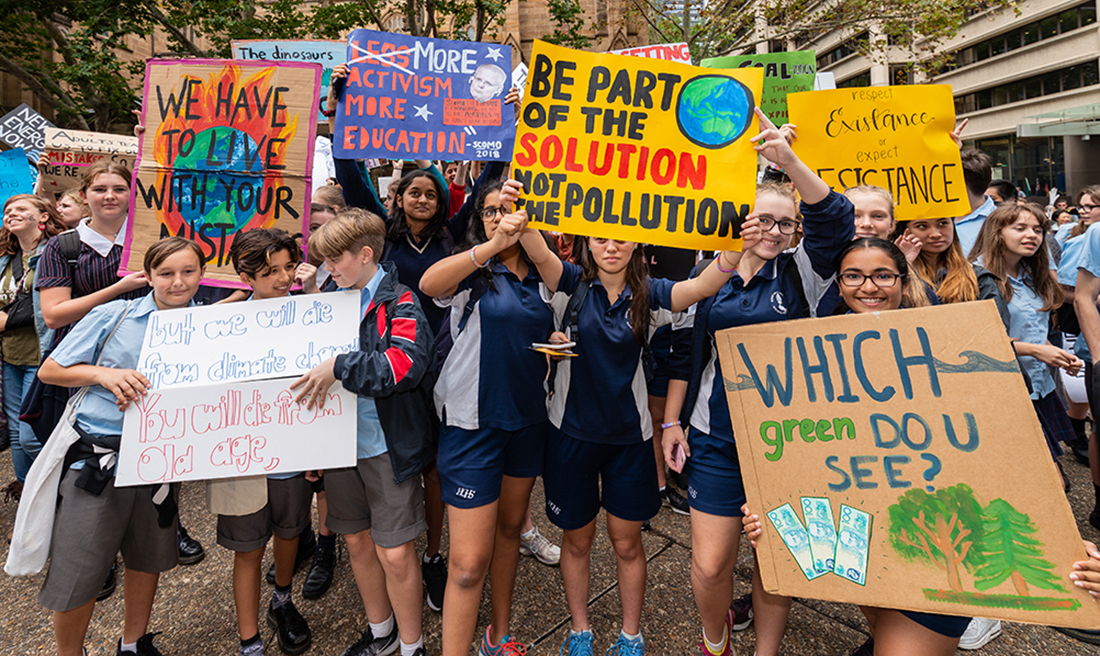
“We can sometimes be selfish,” he says.
“We can sometimes behave in ways that further our own self-interest rather than the interests of the people around us.
“One of the big exceptions to that is when those selfish actions may have negative repercussions on other individuals who are otherwise helpless to protect themselves.
“Then, that kind of selfish behaviour – even for quite selfish individuals – is a real turn-off.”
Our end of the intergenerational bargain
The final technique was reminding people of the sacrifices made by previous generations that benefit us today.
“The concrete example we gave was of World War 2 veterans from the Allied Forces and the sacrifices they made so that we could live the lifestyles that we live today,” Mark says.
“And then pointing out that there’s an opportunity there to reciprocate forward those beneficial actions to future generations.”

Mark says this technique plays to our sense of reciprocity.
“We know that reciprocity is a very powerful psychological force that governs our interactions with individuals,” he says.
“If I buy coffee for you and I meet you again, then you feel obliged to reciprocate and buy coffee for me.”
The twist is that the reciprocity here is indirect.
We can’t directly repay World War 2 veterans because most have passed away.
“But what we can do is indirectly reciprocate by making sacrifices ourselves for the benefit of future generations,” Mark says.
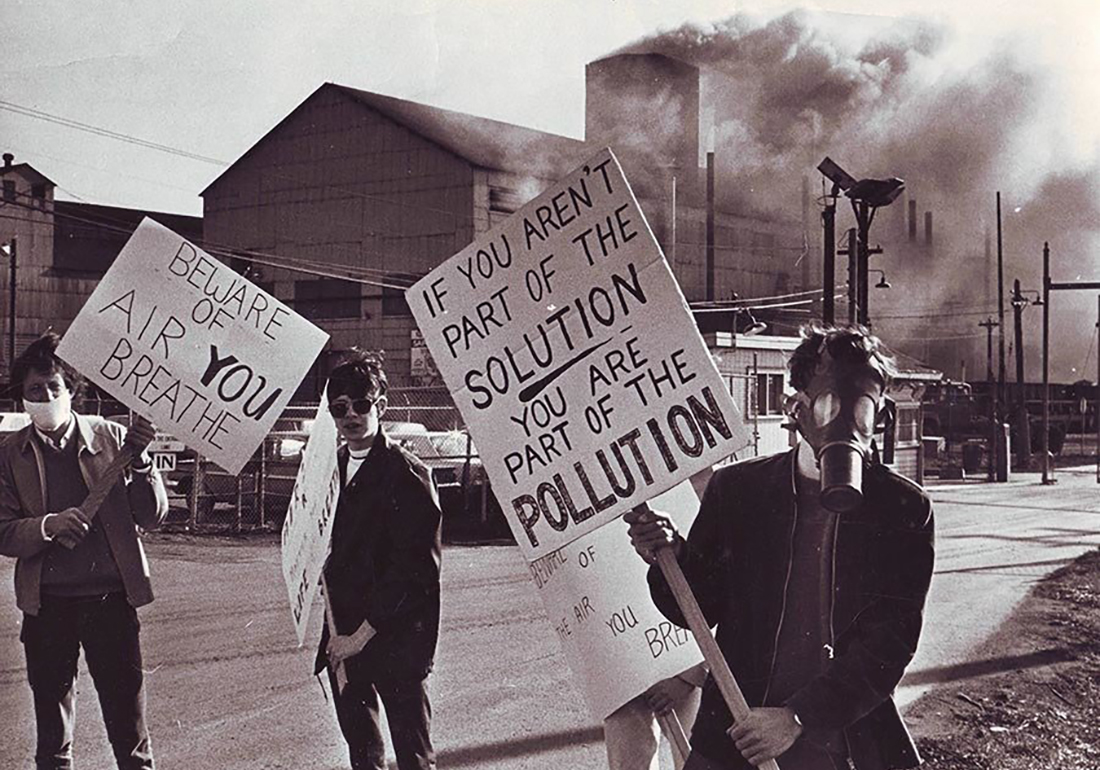
Reframing climate change
Mark says the strategy isn’t a silver bullet but was effective enough to make people in the study act as if they were receiving the benefits the next day.
Participants stood to take home up to $85 for about 30 minutes work in the lab if they acted selfishly. It’s the first time anyone has shown the effect using significant amounts of real money.
Mark says the research could reframe how we talk about climate change.
Where climate change communicators often sidestep the intergenerational nature of the problem, Mark argues it should be part of the conversation.
“You should ground it in an intergenerational context,” he says.
“But you need to tap into this legacy motive … whilst at the same time recognising that things are already getting pretty bad.”


